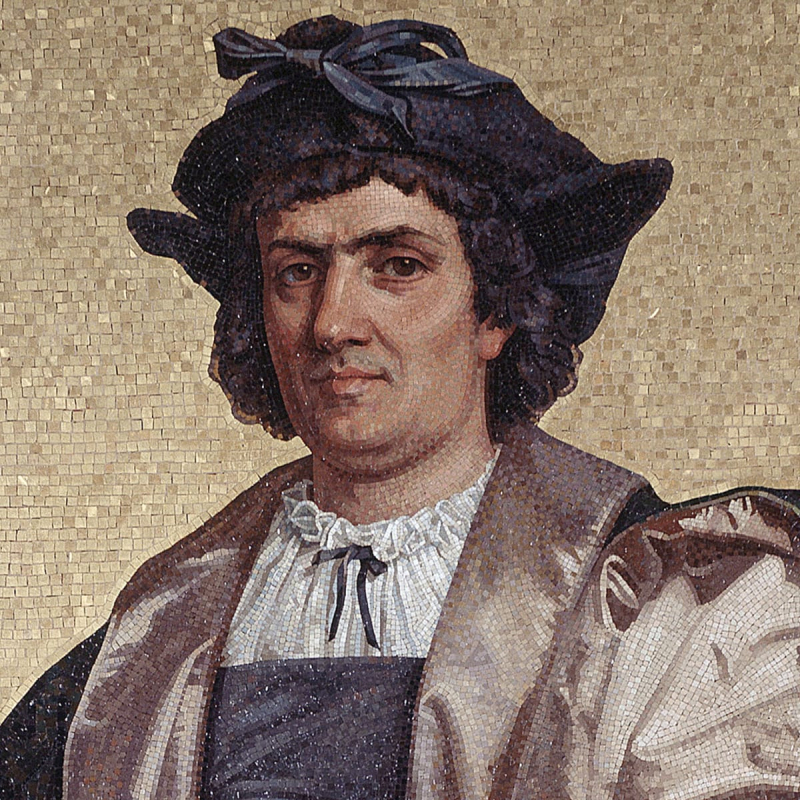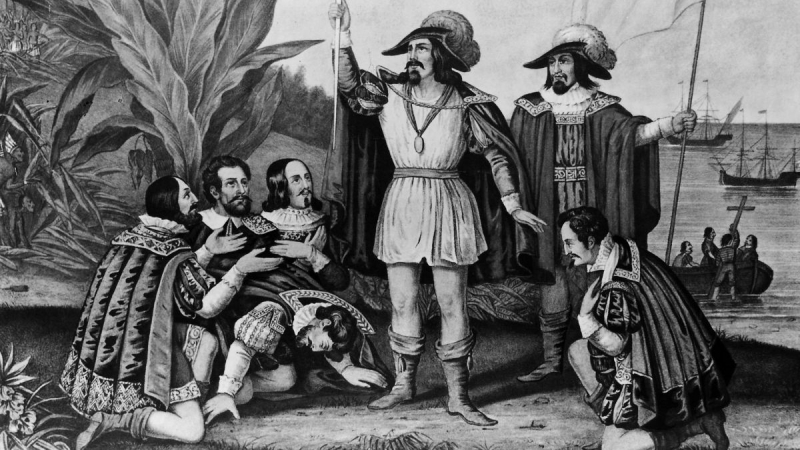Christopher Columbus

Christopher Columbus was a master navigator and sailor. He was a colonizer and navigator from Italy. His explorations improved European understanding of the Americas' continents. Many books about Columbus appeared in the 1990s, and archaeologists and anthropologists began to enrich the perspectives of sailors and historians. This project provoked a lot of debate. A substantial shift in perspective and interpretation occurred, with the prior pro-European worldview giving way to one developed by the people of America.
Columbus' "discovery" of America, according to popular belief, was a massive victory. By completing the four voyages, he became a hero, bringing enormous wealth to Spain and other European countries and facilitating European colonization of the Americas. A more recent perspective, on the other hand, has emphasized the destructive aspects of European conquest, highlighting, for example, the dreadful impact of the slave trade and the ravages of imported disease on indigenous peoples in the Caribbean and on the American continents. As a result, the sense of victory has faded, and the image of Columbus as a hero has been replaced with that of a flawed man in the minds of many. While this second perspective seldom casts doubt on Columbus's honesty or navigational talents, it does decisively deprive him of his position of honor. Political activists of all stripes have gotten involved in the issue, making it even more difficult to reconcile these opposing viewpoints.
- Born: Between 25 August and 31 October 1451Genoa, Republic of Genoa
- Died: 20 May 1506 (aged 54)Valladolid, Castile
- Resting place: Seville Cathedral, Seville, Spain











